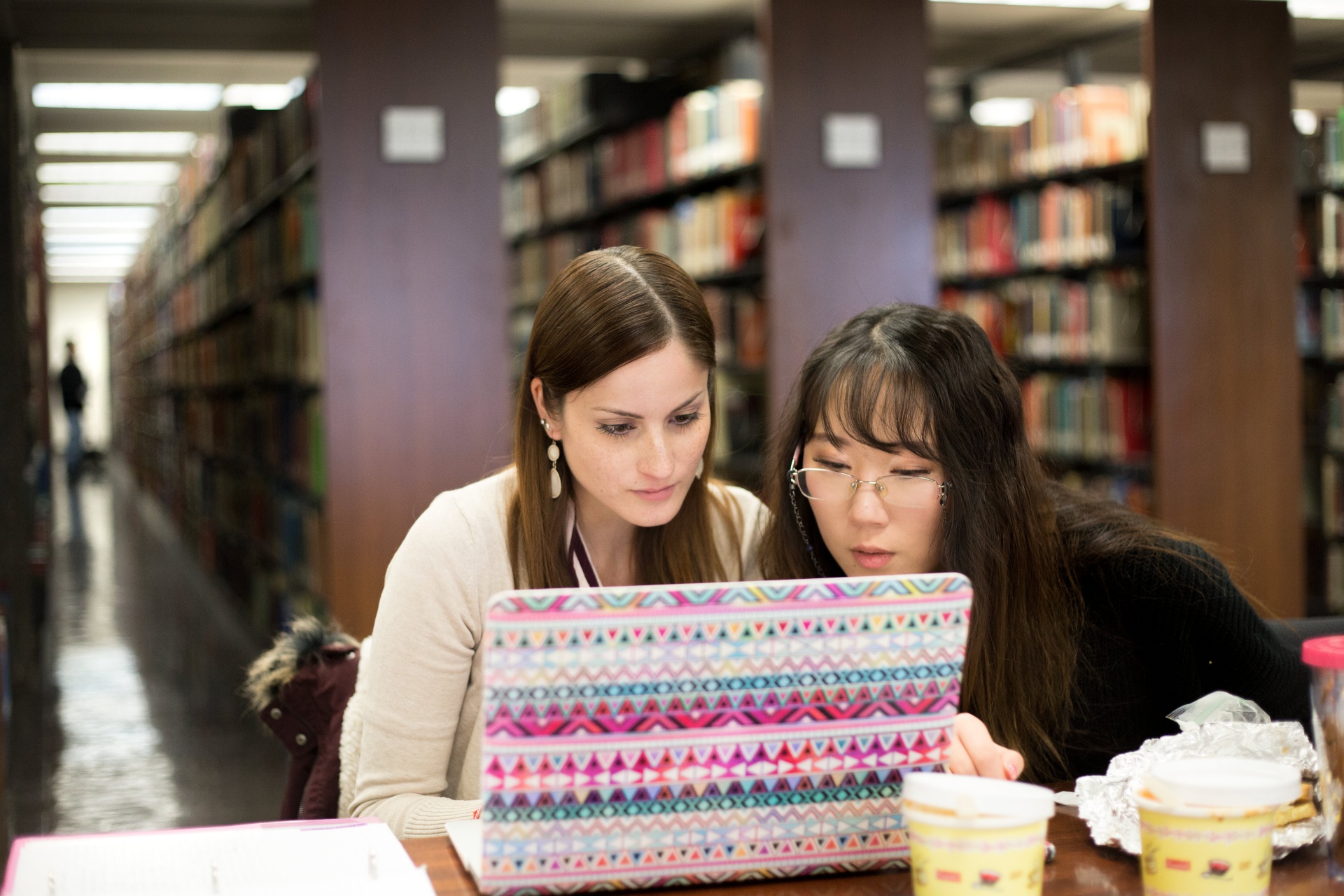The Future of Work: How Grad Studies Uses Student Surveys to Drive Better Service Outcomes

Understanding the unique needs of CSULB’s students, employees and partners is core to the university’s strategy to prepare for the future of work — a tenet of its Beach 2030 plan.
To keep up with changing expectations of our campus community — and ensure services effectively meet their needs — offices and departments can create outcome or evaluation surveys, which can be sent out both before and after a service is provided to gauge impact and satisfaction.
In Graduate Studies, leaders have been intentional in assessing graduate student needs, services, and support. Entrance and exit surveys and post-workshop/appointment satisfaction surveys are offered to graduate students to obtain information on background, academic goals, and experiences with CSULB. The insights are analyzed and used to inform Graduate Studies practices to better align with students’ needs.
"The whole purpose of it is to really inform what we do,” said Dr. Dina Perrone, Interim Dean of Graduate Studies.
In CSULB’s roadmap for the future of work, prioritizing the student experience represents a guiding principle in the university’s strategy. By capturing insight through meaningful outreach and data collection, Graduate Studies offers a pointed example of how the university can effectively adapt its operations to offer a student-first experience at The Beach. Their process serves as a model that can be replicated by other areas on campus.
Developed in partnership with the Center for Educational Effectiveness, the entrance and exit surveys — launched in 2020 — offer important feedback on how graduate students experience their program and the campus, both when they begin their educational journey and prepare to graduate.
In the Entrance Survey provided to all new grad students, questions seek to understand the application process, why they chose CSULB, their preparation for the program, their financial outlook, and basic needs expectations. In the Exit Survey, graduating grad students are asked about their overall satisfaction with their program, cocurricular activities, future plans, financial support during their program, graduate advising experience, and perception of campus climate.
The feedback gleaned is shared with colleges and programs to help inform needs, gaps, and services, Dr. Perrone said. In Graduate Studies, the surveys have been valuable in helping leadership identify where students have the most challenges during their time at The Beach.
“For us, one of the things that was most shocking was just the lack of awareness that something exists,” Dr. Perrone said. Since graduate students often spend more time focused on their program and less time meandering around campus, many indicated in surveys that they didn’t know about certain university resources available to them. Because of this, Graduate Studies has increased its marketing and outreach efforts, Perrone said.
Post-workshop/appointment satisfaction surveys are sent to grad students after they have engaged with specific services within Graduate Studies, including one-on-one appointments, workshops, and events. With these more targeted survey insights, the Graduate Center — CSULB’s one-stop-shop for grad students — has modified some operations, including its hours and the availability of hybrid services, to accommodate student schedules, Dr. Perrone said.
More events specifically designed to help promote a culture of belonging among graduate students have also been implemented based on feedback.
“We’re very flexible in trying to meet our diverse graduate student needs,” Perrone said.
Want to learn more about Graduate Studies’ survey process or launch your own? Contact the Future of Work team at futureofwork@csulb.edu and they’ll help get you started.





